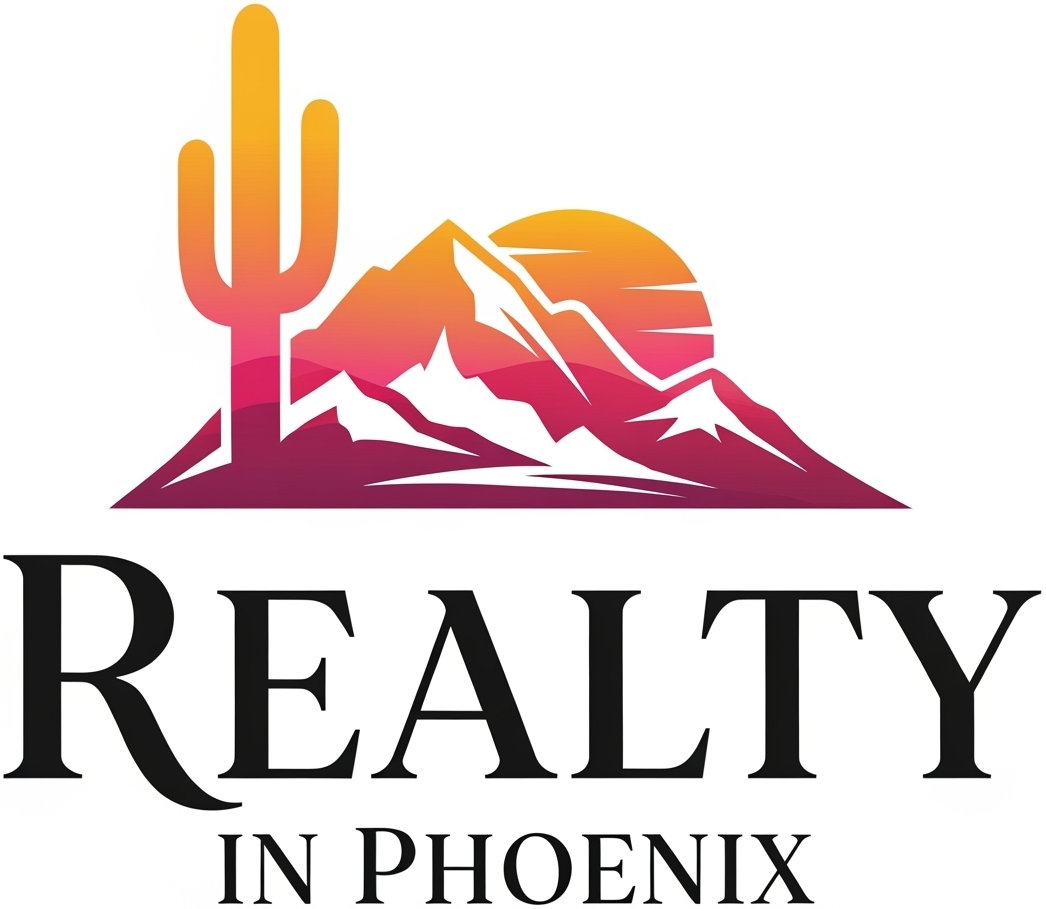Real Estate Buyer Consultation
A buyer consultation is a critical initial meeting between a real estate agent and a prospective buyer. It serves as an opportunity to build rapport, understand the client's needs, and set expectations for the home-buying process.
Here's a comprehensive guide to building a strong buyer consultation:
1. Pre-appointment preparation
- Gather initial information: Before the meeting, collect basic contact details, current living situation, and any prior homebuying experiences.
- Send a pre-consultation questionnaire: Use a simple online form to ask about their home buyer experience, budget, preferred communication method, reasons for moving, desired areas, pre-approval status, ideal timeline, and basic home features.
- Confirm the appointment: Send a confirmation with meeting details (Zoom link or office address) and offer your contact information for any questions.
- Research potential properties: If you know the client's criteria, find a few properties that fit their needs to discuss during the consultation.
- Prepare essential materials: Have multiple pens, a printed Buyer Representation Agreement (pre-filled), and any relevant local market data or brochures.
2. Consultation meeting
Welcome and introduction (5-10 minutes)
- Warm greeting: Meet your clients at the door with a firm handshake and eye contact.
- Set the agenda: Briefly outline the purpose of the meeting – to discuss the buying process, understand their needs, and determine if it's a good fit.
- Establish rapport: Share a brief personal introduction, including your experience and why you enjoy helping people find homes.
- Gauge their experience: Ask about their previous home-buying experiences to tailor the discussion accordingly.
Understanding buyer needs and desires (15-20 minutes)
- Review questionnaire: Discuss their responses to the pre-consultation questionnaire, going deeper into their motivations, needs, and wants.
- Uncover "must-haves" and "nice-to-haves": Ask them to prioritize their preferences and identify any absolute deal-breakers.
- Explore their ideal lifestyle: Ask open-ended questions about their daily routine, weekend activities, ideal neighborhood, and any special needs or items that require accommodation.
- Conduct a live MLS search: Use the Multiple Listing Service (MLS) to demonstrate your search capabilities and refine their preferences in real-time.
Educating and setting expectations (15-20 minutes)
- Explain the buying process: Break down the stages, including pre-approval, home search, making an offer, inspections, appraisal, and closing.
- Discuss market conditions: Provide an overview of the local market, including pricing trends, inventory levels, and how it impacts negotiation strategies.
- Clarify financing basics: Explain the difference between pre-approval and pre-qualification, and briefly discuss various loan types (FHA, conventional, VA, etc.).
- Define agency relationship: Explain your role as a buyer's agent and the benefits of having your representation.
- Discuss commission and fees: Be transparent about your compensation structure, explaining how it works and reassuring them about negotiating closing cost credits.
- Set showing expectations: Explain your process for scheduling showings, including requiring pre-approval and submitting MLS numbers.
Next steps and call to action (5-10 minutes)
- Outline next steps: Provide a clear roadmap of what to expect, from scheduling showings to navigating the offer process.
- Present the Buyer Representation Agreement: Briefly explain its purpose and benefits, and encourage them to sign.
- Offer ongoing support: Reassure them that you're there to guide them through every stage and answer any questions.
- Ask for referrals: Naturally suggest they share your contact information with friends or family considering buying or selling.
3. Post-consultation follow-up
- Send a thank you: Follow up with a thank-you email or personalized note, reiterating key takeaways from the consultation.
- Provide a resource packet: Include relevant documents, a list of service providers, and educational materials.
- Maintain communication: Keep in touch with market updates, new listings that fit their criteria, and occasional check-ins.
- Continue building trust and rapport: Your ongoing engagement demonstrates your commitment to their success and reinforces your value as their agent.



